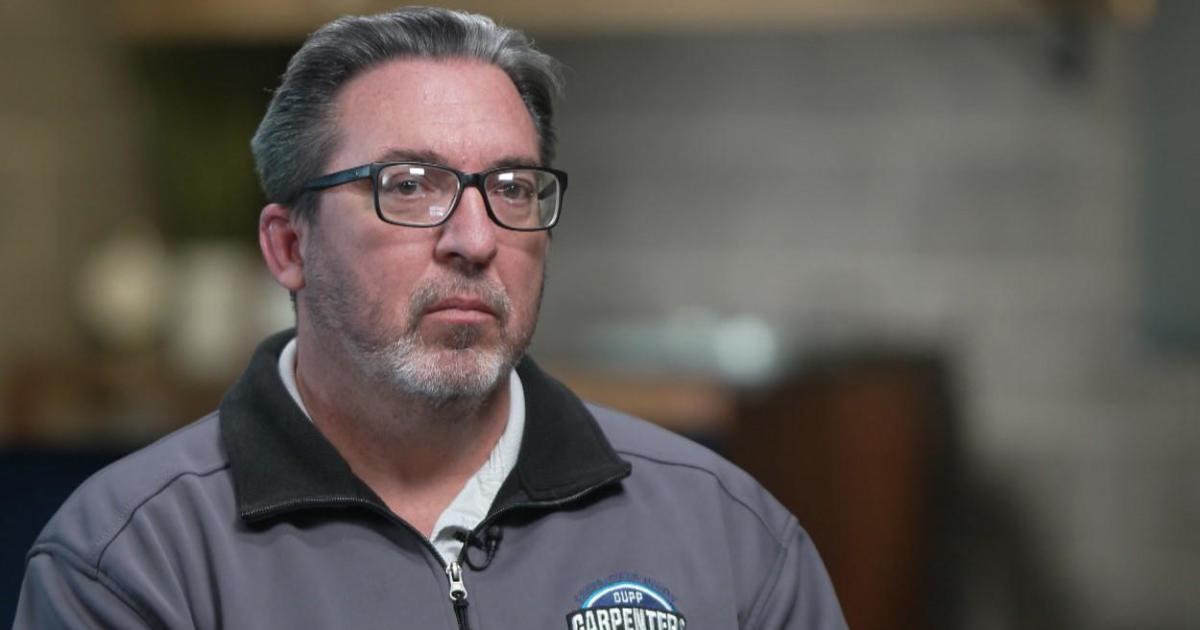London — The global anti-doping agency tasked with preventing drug-based cheating in international sports, including at the Olympic Games, has threatened to haul the United States Anti-Doping Agency (USADA) before an independent compliance review board in a dispute that could threaten U.S. plans to host both the 2028 Summer Games and the 2034 Winter Games, the Reuters news agency reported Wednesday. It all comes down to an investigation by U.S. authorities into an alleged state-backed sports doping program to groom Chinese Olympians.
According to Reuters’ sources, the World Anti-Doping Agency has said it will bring the U.S. anti-doping body before its Independent Compliance Review Committee next month over the unilateral American investigation, which could threaten the current status of Los Angeles and Salt Lake City as future Games hosts.
China’s reputation as a global sporting power was tarnished by 23 of its swimmers testing positive for the same controlled substance — Trimetazedine — just months before the Tokyo Olympics in 2021. Chinese officials said the athletes ingested the drug unintentionally, and they were not banned by national sporting authorities. International regulators accepted the Chinese explanations, and the swimmers never faced any bans. Eleven of them are set to compete in the 2024 Paris Summer Olympics, which officially open on Friday.
Their presence at the Games has angered some Team USA swimmers.
“Everything that we do to compete with a level playing field, it’s extremely frustrating to not have faith that others are doing the same thing,” American breaststroke specialist Lilly King said.
Last month, the world’s most decorated Olympian, Michael Phelps, testified before the U.S. Congress about the Chinese athletes’ positive tests, telling lawmakers: “People are just getting away with everything. You know there are people who are still testing positive that are still having the opportunity to compete internationally. What?!”
Xue Yinxian is a retired doctor who told CBS News that she has firsthand knowledge of doping in China’s state-run sports system. She said she was a physician for China’s General Administration of Sport, treating elite athletes from the 1960s until 1989, the period when she alleges that state-backed doping began — on the orders, she says, of senior government officials.
Dr. Xue said if athletes refused banned substances, they’d be sent home. She said she opposed doping and witnessed the impact of drugs including steroids and human growth hormone on athletes as young as 11.
“The boys started growing breasts,” she told CBS News. “They asked me what to do.”
Unlike in the U.S., many young Chinese athletes are trained in state-run sports schools. Previous reports on the program have described it as an assembly line to which athletes are recruited from early childhood to go on and win glory for their nation — whatever the cost. China’s government said in June that it has a zero-tolerance attitude to doping and insisted that it’s committed to ensuring fair competition.
Dr. Xue was granted political asylum in Germany in 2017. She has given evidence to the World Anti-Doping Agency.
CBS News has obtained a document showing that WADA found Dr. Xue a “credible witness,” yet decided there was “insufficient evidence” to substantiate the existence of a “large-scale doping scheme” in China.
Travis Tygart, head of the U.S. Anti-Doping Agency, led the investigation into cyclist Lance Armstrong’s doping operation. He told CBS News he’s been frustrated by Dr. Xue’s claims, which he believes show a clear pattern, not being taken more seriously by WADA.
“Obviously there’s been proof over the years — there was 23 positives again — so it fits like a glove,” Tygart said. “We know the history. I think you have to look at the evidence. But the evidence is there to be investigated in a serious way.”
“I think that’s what athletes around the world and anti-doping experts around the world are expecting,” he said. “The Olympic Games themselves deserves that.”
WADA told CBS News it did launch a formal investigation following Dr Xue’s allegations — including retesting samples from the 2008 and 2012 Olympics — but that it did not find anything to corroborate her claims. WADA also points out that Dr. Xue did not actually witness the alleged doping taking place, a point she readily admits.
:
Following extensive interviews with Dr. Xue Yinxian, WADA Intelligence and Investigations (I&I) Department launched a formal investigation in 2017 into each of her several allegations. In 2018, WADA I&I reported the findings of the investigation to the WADA Executive Committee.
Notably, most of Dr. Xue’s allegations centered on conduct in the 1980s and 1990s, a period before the establishment of WADA and the World Anti-Doping Code. While Dr. Xue was, indeed, found to be a credible witness, she did not personally witness doping or any of the alleged wrongdoing. Even if the World Anti-Doping Code had existed during the time most of the alleged wrongdoing took place (which it had not), the historical nature of the allegations meant that the statute of limitations would have already expired. Further, there was insufficient available evidence to substantiate her allegation of a large-scale doping scheme.
As one of Dr. Xue’s allegations related to alleged activities during the Beijing (2008) and London (2012) Olympic Games, part of the WADA I&I investigation included a reanalysis of samples retained by the IOC during those events. This did not produce any findings that could corroborate Dr. Xue’s allegations. The reanalysis of samples from the Rio Games in 2016 is also underway and so far, no corroborating evidence has been uncovered there either.
In short, WADA diligently followed up on every allegation made by Dr. Xue but after every line of enquiry was exhausted, no corroborating evidence was uncovered that could lead to further action by the anti-doping authorities.




